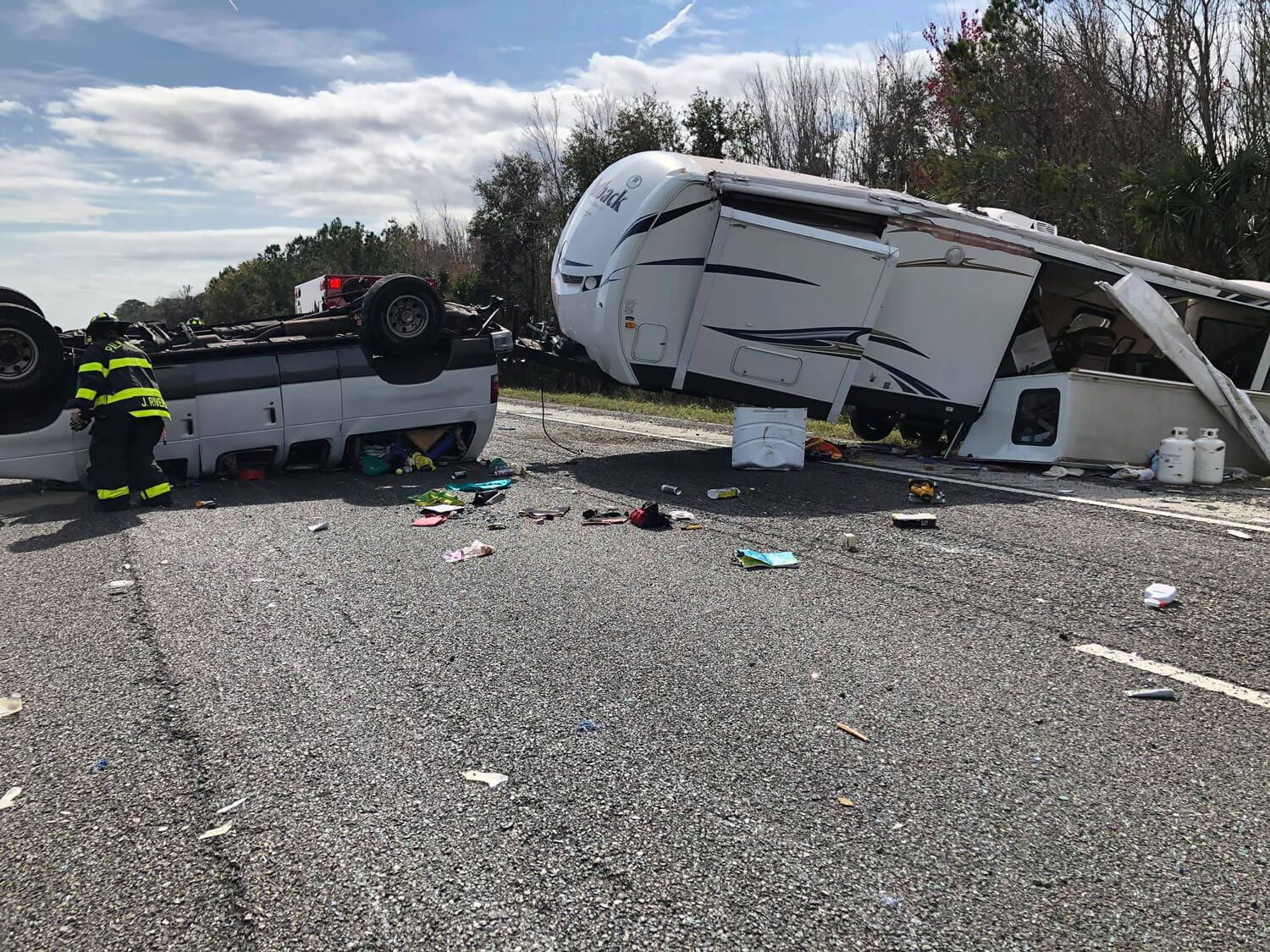Trailer Insurance vs. General Vehicle Insurance

What states require trailer insurance – While many people believe that their general vehicle insurance policy covers their trailer, this is not always the case. It’s important to understand the differences between trailer insurance and general vehicle insurance to ensure you have the right coverage.
Coverage Differences Between Trailer Insurance and General Vehicle Insurance
General vehicle insurance policies typically cover the vehicle itself, including liability for accidents, damage, and theft. However, these policies often have limitations or exclusions for trailers. This means that your trailer might not be fully covered under your existing policy.
- Liability Coverage: General vehicle insurance usually covers liability for accidents involving your vehicle. However, it might not extend to liability claims arising from accidents involving your trailer. Trailer insurance provides separate liability coverage for accidents involving your trailer, protecting you from financial responsibility for injuries or damages caused by your trailer.
- Collision and Comprehensive Coverage: These coverages protect your vehicle from damage caused by collisions or other events like theft or vandalism. However, they might not apply to your trailer. Trailer insurance offers collision and comprehensive coverage specifically for your trailer, safeguarding you from financial losses due to damage or theft.
- Cargo Coverage: If you transport valuable cargo in your trailer, general vehicle insurance may not cover it. Trailer insurance offers cargo coverage, protecting your belongings from damage or loss during transportation.
Scenarios Where Separate Trailer Insurance is Necessary, What states require trailer insurance
There are several situations where separate trailer insurance is essential. Here are some common scenarios:
- High-Value Trailers: If you own a valuable trailer, such as a luxury RV or a horse trailer, it’s crucial to have separate trailer insurance. General vehicle insurance may have coverage limits that are insufficient to cover the full value of your trailer in case of damage or theft.
- Frequent Trailer Use: If you frequently tow your trailer, it’s more likely to be involved in an accident or experience damage. Separate trailer insurance provides comprehensive coverage for your trailer, protecting you from financial losses due to accidents, theft, or other events.
- Transporting Valuable Cargo: If you regularly transport valuable cargo in your trailer, it’s crucial to have cargo coverage. Trailer insurance offers this protection, ensuring you’re covered for any losses or damage to your cargo during transportation.
Obtaining Trailer Insurance: What States Require Trailer Insurance

Obtaining trailer insurance is a relatively straightforward process, but it’s crucial to do your research and compare options to ensure you’re getting the best coverage at the most affordable price.
Steps to Obtain Trailer Insurance
To obtain trailer insurance, you’ll typically need to follow these steps:
- Contact insurance providers:Reach out to multiple insurance providers, including those specializing in trailer insurance, to request quotes.
- Provide necessary information:Be prepared to provide details about your trailer, such as its make, model, year, value, and intended use.
- Review policy options:Carefully review the coverage options offered by each provider, including liability, collision, comprehensive, and uninsured motorist coverage.
- Compare quotes and coverage:Analyze the quotes you receive, considering factors like premium costs, deductibles, and coverage limits.
- Choose a policy and make payment:Once you’ve chosen the best policy for your needs, you’ll need to complete the application process and make the first premium payment.
Tips for Finding the Best Rates and Coverage
Finding the best insurance rates and coverage options for your trailer can be challenging.
Here are some tips to help you in your search:
- Shop around:Don’t settle for the first quote you receive. Compare quotes from multiple insurance providers to find the best rates and coverage.
- Consider your needs:Evaluate your trailer’s value, intended use, and potential risks to determine the appropriate coverage levels.
- Ask about discounts:Inquire about any available discounts, such as those for safe driving records, multiple policy bundling, or trailer safety features.
- Read the fine print:Carefully review the policy documents to understand the coverage details, exclusions, and limitations.
The Importance of Comparing Quotes
Comparing quotes from multiple insurance providers is essential to ensure you’re getting the best value for your money. Different providers may offer varying rates and coverage options, so shopping around can help you find the most suitable policy for your needs.
“By comparing quotes, you can potentially save hundreds or even thousands of dollars on your trailer insurance premiums.”
Query Resolution
How much does trailer insurance typically cost?
The cost of trailer insurance varies depending on factors like the type of trailer, its value, your driving history, and the coverage you choose. It’s best to get quotes from multiple insurance providers to compare prices and find the best deal.
Can I insure my trailer under my existing car insurance policy?
In some cases, you may be able to add your trailer to your existing car insurance policy. However, this is not always possible, and it’s important to check with your insurance provider to see if they offer this option.
What are some tips for lowering my trailer insurance costs?
You can potentially lower your trailer insurance costs by maintaining a good driving record, increasing your deductible, and choosing a more basic coverage plan. You can also shop around for quotes from multiple insurance providers to find the best rates.